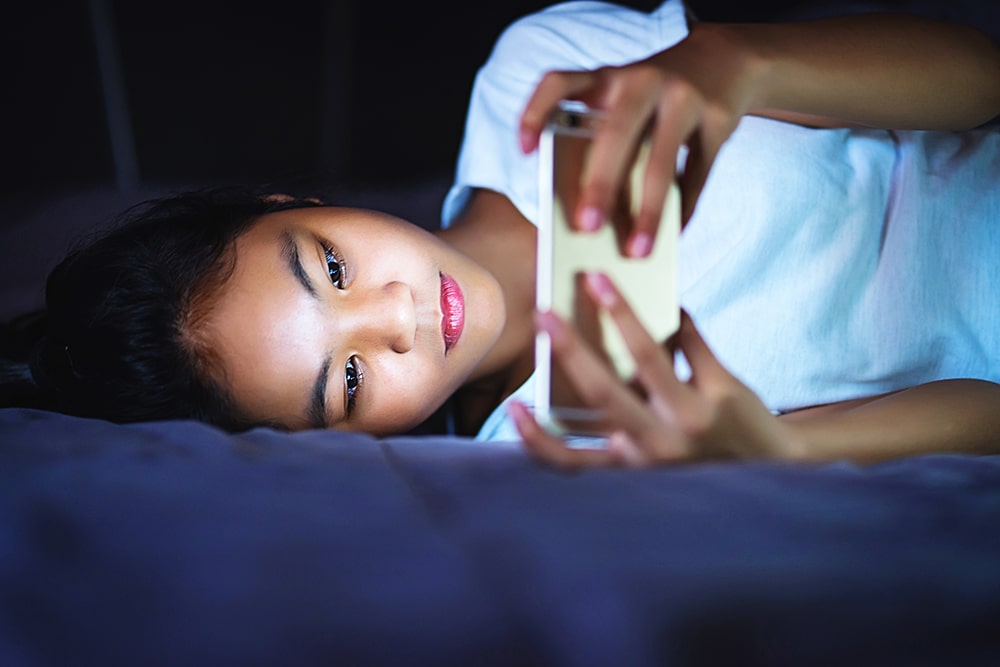
Should you be worried about blue light? Before diving into such a complex question, it is worth noting that although many people believe that most blue light comes exclusively from digital devices, such as smart phones, tablets, televisions, computers, and more, the most common and abundant source of blue light is actually the sun itself.
The debate surrounding whether or not blue light in any capacity is effectively harmful to a person’s health and/or vision is one that continues to persist. New research is constantly being conducted, but aside from our current existing knowledge of the sun’s comprehensive potential for ocular disaster, there is still so much we do not fully understand about artificial blue light or how it affects the human body. However, despite the fact that most blue light comes primarily from the sun and that there is no conclusive evidence indicating that artificial blue light is in fact harmful to one’s visual or overall health, healthcare professionals still advise caution when it comes to the volume of exposure to your devices you allow yourself.
Although the discomfort you may feel from staring at one of your devices for too long may not even have anything to do with blue light, it’s still likely a result of another common condition called digital eyestrain – the solutions to which include keeping devices at least 25 inches away from your eyes, using special matte screen filters, taking regular “20-20-20” breaks (every 20 minute stare at something at least 20 feet away from you for at least 20 seconds), adjusting atmospheric lighting when possible, and even using artificial tears or a humidifier to keep your eyes moist.
Of course, this doesn’t mean that constant exposure to the blue light from your devices is without its own set of risks. Because blue light is found most abundantly in natural sunlight, artificial blue light can still directly affect your circadian rhythm – which is the natural wake and sleep cycle of all humans everywhere. Basically, this means that too much artificial blue light exposure from your devices can still make it particularly difficult for you to get to sleep since your body recognizes it as a stimulant and will use it to help keep you awake. You’ve probably even heard a parent or someone else in the past tell you to limit your screen time or to not watch TV in bed, but perhaps never really knew why. Well, there you go.
So while artificial blue light may not have the same types of dramatic optical consequences as the sun’s ultra powerful ultraviolet light, it is still recommended that you not make your cell phone or laptop your nighttime companion – if for no other reason than ensuring you don’t end up upsetting the natural balance of your sleep cycle. If, however, you do begin to notice any persistent pain, discomfort, distortion of vision, or other symptoms of a more serious visual problem, our highly-trained ophthalmologists at Alpine Eye Care are always here for you. If you’re looking for anything from an eye exam to a surgical procedure anywhere in Northern Michigan, schedule an appointment with Alpine Eye Care by calling us directly at 1.877.733.2020 today to learn more about our practice, read patient testimonials, and receive excellent care.
